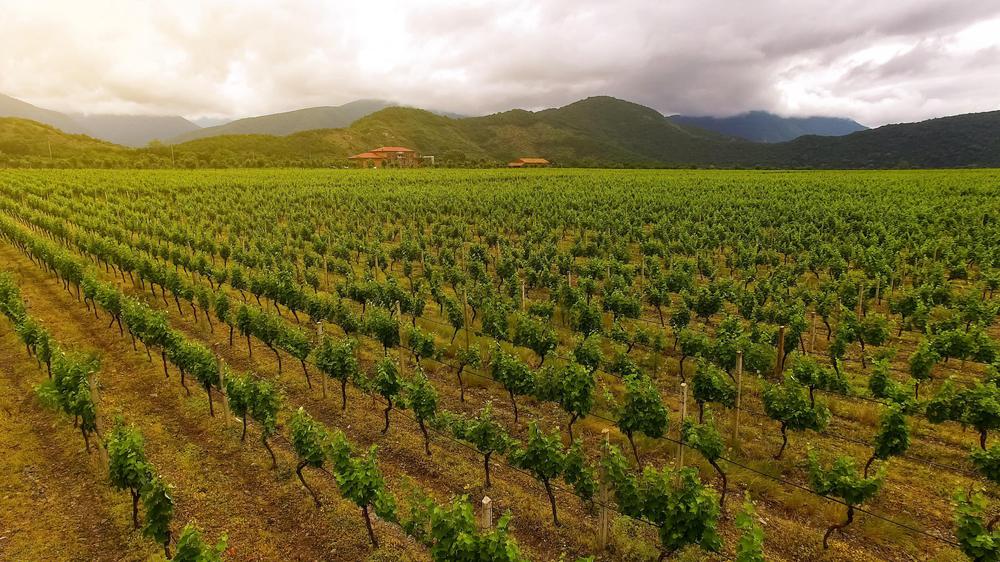A Leap from the Caucasus to Mars
Nestled between the towering Great Caucasus Mountains and the serene Black Sea, Georgia, known as the cradle of viticulture, is embarking on an audacious journey that transcends Earth's boundaries. Spearheaded by Nikoloz Doborjginidze, co-founder of the IX Millennium project, Georgian scientists and entrepreneurs are channeling their ancient winemaking heritage towards cultivating grape varieties on Mars. This groundbreaking initiative aligns with NASA's vision for a "sustained human presence" on the Red Planet, and entrepreneur Elon Musk's SpaceX aims to expedite this reality.
Transforming Martian Soil
Central to this endeavor is astrobiologist Marika Tarasashvili’s work on developing bacteria capable of converting Martian soil into fertile earth. Georgian scientists have sourced bacteria from local extreme ecosystems, adapting them to survive Martian conditions. The goal is to create soil that supports agriculture, laying the foundation for future Martian colonies. This research doesn't just fuel interplanetary ambitions; it also offers insights into cultivating crops resilient to Earth's changing climate.
Selecting the Martian Grape
The project's focus now turns to identifying which of Georgia's 525 indigenous grape varieties can withstand Mars's harsh conditions, particularly its high levels of ultra-violet radiation. Early indications suggest that the pale-skinned Rkatsiteli grapes, known for their resilience and unique flavors, may be the ideal candidate for Martian viticulture.
The Path to Martian Vineyards
Before Georgian grapes can thrive on Mars, several challenges must be overcome. Tusia Garibashvili of Space Farms emphasizes the need for controlled Martian greenhouses. The vertical farming laboratory, under construction in Tbilisi, will simulate Martian agricultural conditions. In collaboration with the Business and Technology University (BTU), these grapes will undergo rigorous testing under Martian-like conditions, including extreme temperatures, radiation, and altered air pressure.
Bridging Planetary Cultures
Georgia's wine legacy, dating back 8,000 years, represents more than just agricultural prowess; it's a cultural emblem. This interplanetary venture is not just about cultivating grapes on Mars; it's about extending Georgia's rich viticultural heritage into space. This initiative symbolizes a bridge between past traditions and futuristic aspirations, showcasing Georgia’s role in the global space exploration narrative.
Conclusion: From Earth to Mars
As humanity gazes towards Mars, Georgian winemaking stands at the forefront of this journey, intertwining ancestral knowledge with cutting-edge space agriculture. The success of these endeavors will not only mark a historic achievement in interplanetary colonization but also provide crucial insights for sustainable agriculture on Earth. Georgia’s venture into space farming exemplifies a blend of tradition and innovation, propelling the ancient art of winemaking into a new cosmic era.

 Georgian Wine-Based Products
Georgian Wine-Based Products
 Georgian Wine Industry's Response to Climate Change
Georgian Wine Industry's Response to Climate Change
 Georgian Biodynamic Winemaking
Georgian Biodynamic Winemaking




